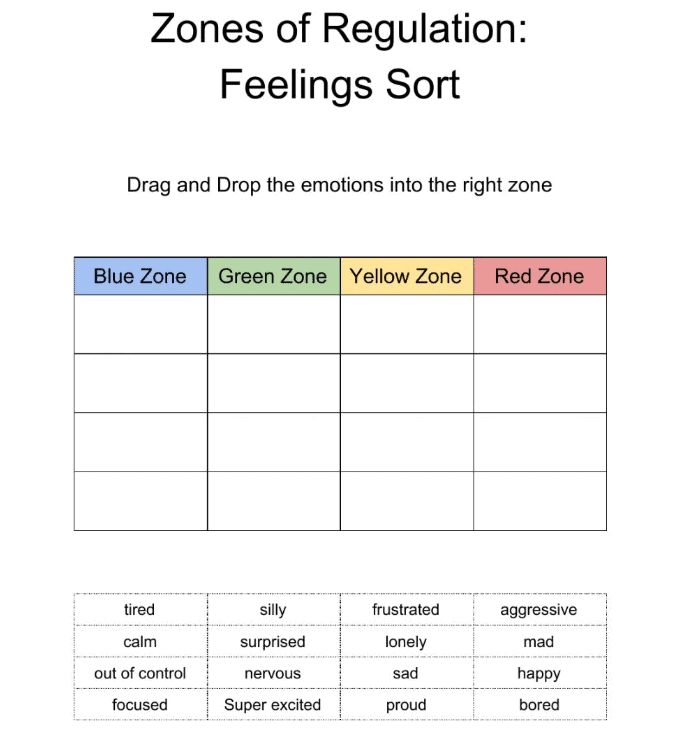Children often struggle with managing their emotions, which can lead to outbursts, tantrums, and difficulty in social situations. Teaching kids about emotional regulation is crucial for their overall well-being and success in life. One effective tool to help children learn how to regulate their emotions is through the use of worksheets.
Emotional regulation worksheets for kids are designed to help them identify their feelings, understand the triggers that lead to those feelings, and learn healthy coping mechanisms to manage their emotions in a positive way. These worksheets can be a valuable resource for parents, teachers, and therapists to support children in developing emotional intelligence.
Benefits of Emotional Regulation Worksheets
1. Self-awareness: By completing worksheets that prompt children to identify and label their emotions, kids can develop a greater sense of self-awareness. This can help them recognize when they are feeling overwhelmed or upset, and take steps to calm down before reacting impulsively.
2. Coping skills: Emotional regulation worksheets often include strategies and techniques for managing difficult emotions, such as deep breathing exercises, mindfulness activities, or positive self-talk. These coping skills can empower children to navigate challenging situations with resilience and confidence.
3. Communication: Worksheets that encourage children to express their feelings in a clear and constructive manner can improve their communication skills. By learning how to articulate their emotions effectively, kids can strengthen their relationships with others and foster a sense of empathy and understanding.
4. Problem-solving: Some emotional regulation worksheets incorporate problem-solving activities that help children brainstorm solutions to common triggers or conflicts. By engaging in critical thinking and decision-making, kids can develop a proactive approach to managing their emotions and resolving conflicts peacefully.
5. Emotional intelligence: Ultimately, emotional regulation worksheets can enhance children’s emotional intelligence by teaching them how to recognize, understand, and manage their emotions in a healthy way. By practicing these skills regularly, kids can build resilience, empathy, and self-control, which are essential qualities for success in school and beyond.
In conclusion, emotional regulation worksheets for kids are valuable tools for promoting self-awareness, coping skills, communication, problem-solving, and emotional intelligence. By incorporating these worksheets into children’s daily routines, parents, teachers, and therapists can support them in developing the essential skills they need to thrive emotionally and socially.
